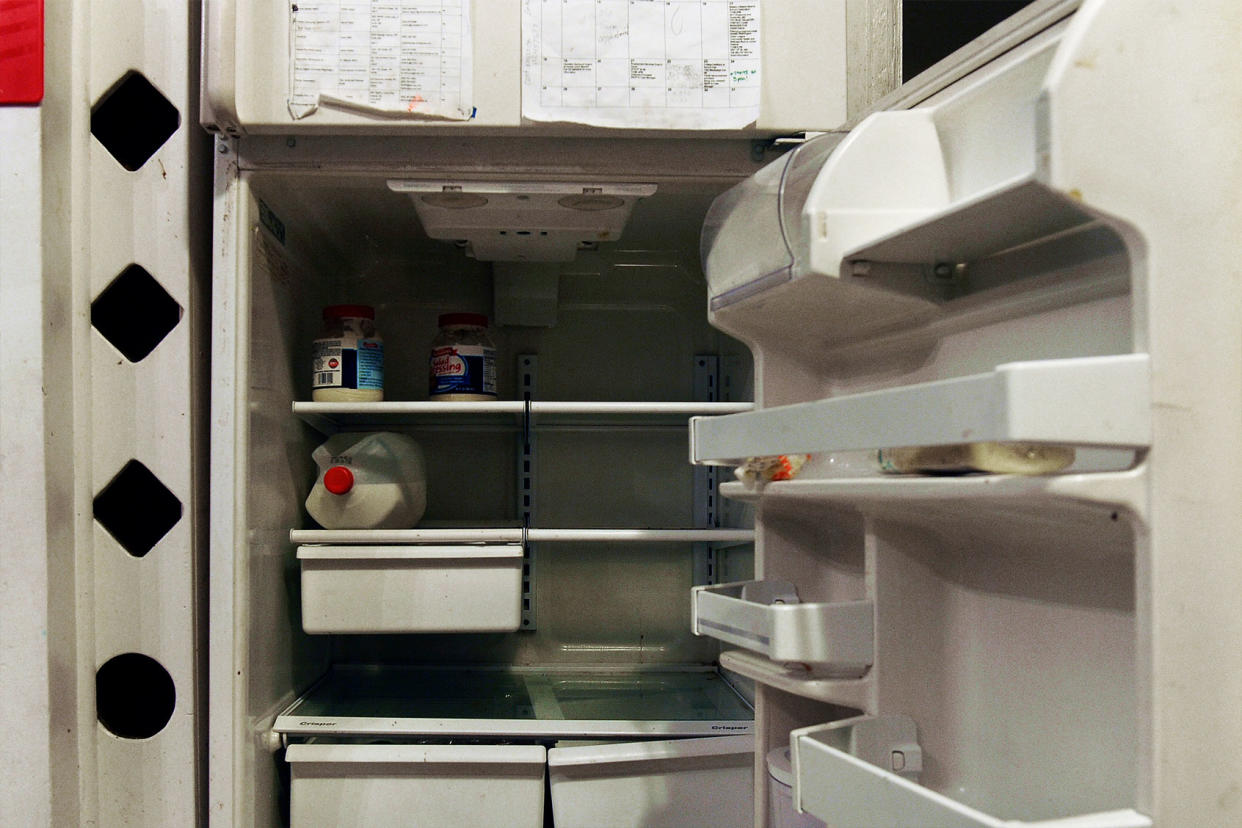U.S. District Court judge is considering food stamp backlog case against Alaska’s health department

U.S. District Court Judge Sharon Gleason is considering a case that’s calling for stricter oversight of Alaska’s health department after extreme delays in food stamp distribution left thousands of residents without aid for months, the Alaska Beacon reported Thursday.
In January of last year, ten plaintiffs sued the state, claiming the Department of Health (DOH) failed to process Supplemental Nutrition Assistance Program (SNAP) applications and issue eligibility determinations within the time frames required by federal law. As a result, many Alaskans were left “without critical food assistance in the coldest months of the year,” according to court documents.
The plaintiffs in the class action complaint include Della Kamkoff, John Andrew, Kayla Birch, Rose Carney, Tereresa Ferguson, Zoya Jenkins, Troy Fender, Rhonda Conover, Autumn Ellanna and Nataliia Moroz. They are “seeking preliminary and permanent injunctive relief and declaratory relief requiring” the DOH to timely process new and recertification SNAP applications; provide applicants with written notice of delays in processing their application that convey corresponding fair hearing rights; provide applicants with written notice of their eligibility for assistance; provide interpretation services and translated materials to applicants and recipients; and ensure that SNAP applicants can apply for benefits on the date of their first contact with the DOH.
Health Commissioner Heidi Hedberg said in December that the backlog was caused by a 2021 cyberattack and an influx of paperwork after the state declared COVID-19 was no longer a public health emergency. However, employees within the Division of Public Assistance told KTOO that the problem actually stems from mismanagement, understaffing and workforce cuts within the division. Workers said they were harassed and even threatened with violence. They added that the issue is systemic and has gone ignored for years.
According to data from the United States Department of Agriculture, Alaska had a 57% payment error rate for administering food stamp benefits — a percentage that is more than five times the U.S. average of 11.5%. Public assistance advocates told Anchorage Daily News that the error rate, which “measures how accurately a state agency processes federal benefits,” underscores the Division of Public Assistance's longstanding struggle to process applications for food stamps and other federal benefits for countless residents.
The recent food stamp backlog case was delayed for a year and a half because the court granted the state several stays to allow it to remedy the issues, according to the Alaska Beacon. Gleason refused to grant stays in February after the state relapsed into another backlog of food stamp applications.
State officials said they have worked through the latest wave of backlogs and are issuing benefits in a timely fashion. However, the plaintiff’s latest filing says some people are still experiencing delays.
Gleason heard oral arguments Thursday in Anchorage.
Lael Harrison, representing the Alaska Department of Health, argued that a court order urging the DOH to speed up food stamp distribution would be pointless.
Want more great food writing and recipes? Subscribe to Salon Food's newsletter, The Bite.
“This proposed order…is not sufficiently specific in terms that the director of the Division of Public Assistance could then know how to apply it and know how to avoid risking contempt through her actions going forward,” Harrison said, citing the Federal Rules of Civil Procedure.
She added that a preliminary injunction would not fix the delays in application processing that the state is already working to solve.
“The Division of Public Assistance isn’t saying ‘Somebody else has to figure out what we got to do.’ They figured out what they got to do. They’re doing it. You can see the results from it already,” she said. “And so what more is this adding? What does this tell them that they need to do that they’re not already doing?”
Nick Feronti of the Northern Justice Project, who is representing the plaintiffs, offered a rebuttal, saying, “If we were in a state where the timeliness percentage was 20% or 10% and the state got up and said, ‘We’re doing everything we could do,’ there’s no way a federal judge would say, ‘Okay, it’s all good.’”
“A federal judge’s power does not stop just because the state runs out of ideas.”
Gleason said she would “take the matter under advisement,” per the Alaska Beacon. She did not say when she’ll make a decision.

